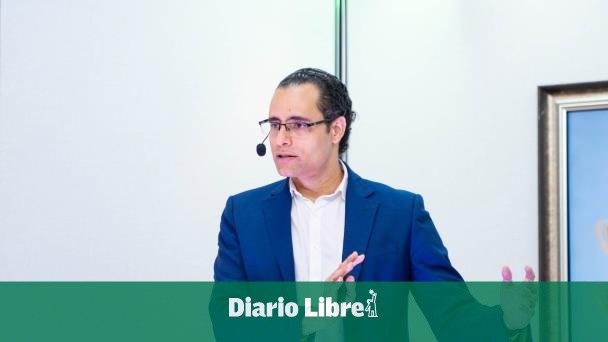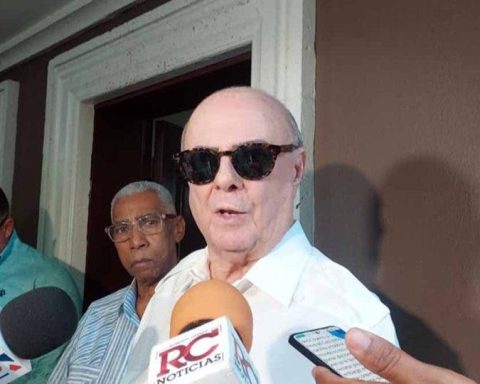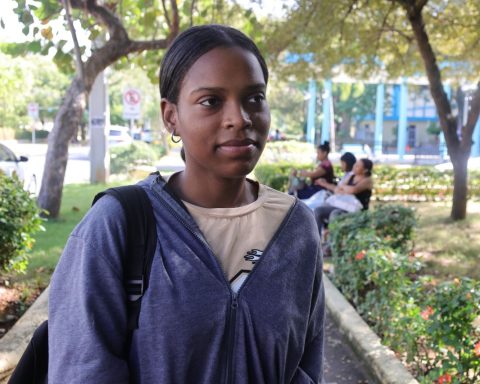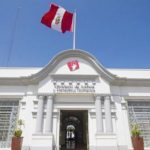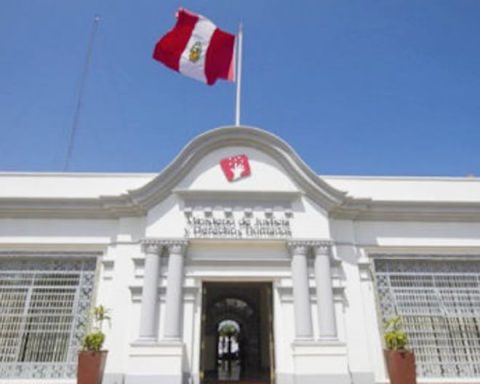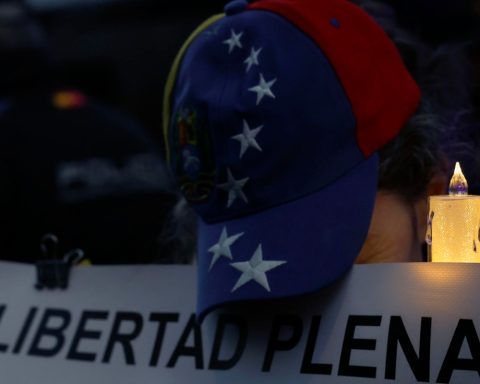The economist and professor at Harvard University, Juan Ariel Jimenezassured that the reform fiscal who presented the government to the Chamber of Deputies a few days ago, will cost Dominicans between 10% and 20% of their income.
In a press release sent to this medium, Jiménez detailed that in the breakdown of the taxes is affected family Dominican, who will spend an average of 21,861 pesos more on her supermarket purchases next year.
He explained that this is because products Basics such as pork, beef, coffee, and many groceries will pay 18% ITBIS, while sugary drinks, such as orange juice and malt, will have a higher selective tax. In addition to this, the taxes about alcoholic beverages.
“In addition thousands of families who today do not pay the Real Estate Property Tax (IPI), will have to start doing so, disbursing up to 48,353 pesos per year. Additionally, for each vehicle in the home you will pay between 1,500 and 3,000 additional pesos for the license plate cost, so a home with two vehicles will have to pay up to 6,000 pesos per year more than taxes“he explained.
On the other hand, the economist referred to the services digital such as online purchases and platforms, which will force Dominicans to pay approximately 3,191 pesos per year.
RELATED
He indicated that this bill represents a “very hard blow to the Dominican pocket,” because the family dominican from class average you will see a increase in their bills of between 54,844 and 103,865 pesos next year only for the concept of increase of taxes. He commented that it will cost between 4,570 and 8,655 monthly.
“If we consider that a family of class average earns around 56,000 pesos a month, we are talking about a reduction of up to 15% in their purchasing power,” he explained.
The professor pointed out that the increase in ITBIS could be avoided, with two basic points: reduction unnecessary public payroll and reduction losses in the electrical sector, adding the reduction in the cost of advertising government and eliminate parties and government events, thus saving more than 205 billion pesos a year.
“The discussion of the reform should have started with the objectives it seeks, since what has been meant to say that this reform It was inevitable, at least not once. reform like this that what it seeks is to allow the government increase the spent public,” he said.
He said that at the end of the day, the question is not just how much more the class averagebut how much longer are Dominicans willing to accept that the government keep looking the other way when it comes to your own bills.
“Instead of discussing a reform that will cost the average Dominican almost 20% of their income, it would be much better to discuss effective mechanisms of reduction of the spent unproductive public and reduction of evasion,” he added.
